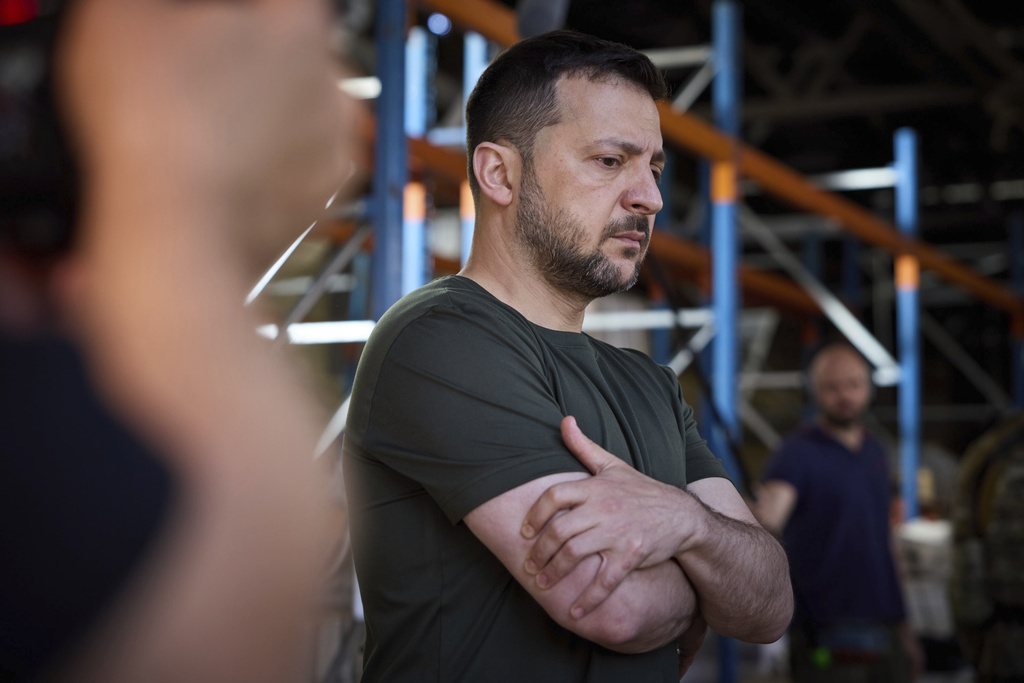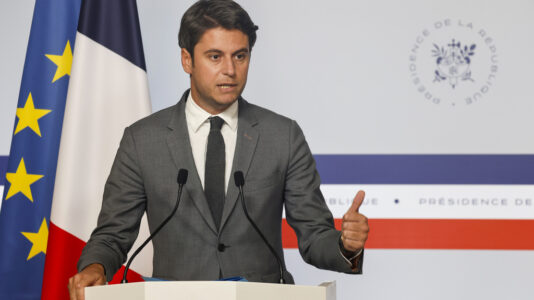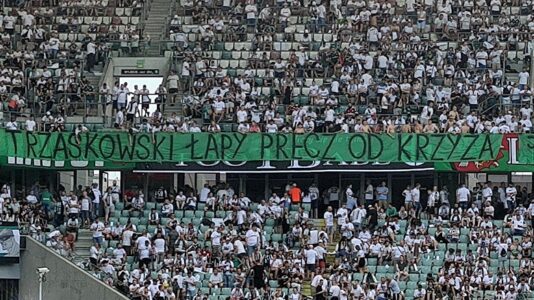In April, a public and almost pleading request from Ukrainian President Volodymyr Zelensky for at least seven Patriot missile batteries to defend the country caught the world’s attention. These truck-mounted air and missile defense systems, Zelensky argued, are crucial for protecting the population of Kharkiv, Ukraine’s second-largest city, under heavy attack, and several key nodes of the Ukrainian energy infrastructure. Toward the end of April, about 50 countries convened to discuss this matter, with the German government leading the coordination of a response.
However, recent leaks from well-informed sources, including the journal Politico, reveal that after a month, Germany’s efforts have largely failed.
Why the setback?
To date, only Germany has agreed to urgently send three Patriot batteries to Ukraine, temporarily risking its own air defense capabilities in the process. The United States is following its own timetable for weapons delivery to Ukraine, facilitated by Congress releasing funds for this purpose. NATO’s Secretary General Jens Stoltenberg has indicated that European allies could easily bolster Ukraine’s air defenses with their current resources. However, despite a month of efforts and pressure from German Foreign Minister Annalena Baerbock and Defense Minister Boris Pistorius, no other European government has agreed to participate in the emergency aid plan.
The list of refusals, though likely incomplete, includes Spain, Greece, Romania, Poland and even Switzerland, which has recently purchased five new batteries for its own use. The cost of a Patriot system — around $1 billion — is high, but the issue does not appear to be solely about money.
Alongside Germany, five other wealthy allies — Belgium, Denmark, Canada, the Netherlands, and Norway — were reportedly ready to finance the systems, but there are neither sufficient systems available for purchase nor adequate production capacity. Raytheon, the manufacturer of the Patriots, is overwhelmed with orders they cannot fulfill on time. Moreover, those equipped with Patriots, apart from Germany, are unwilling to temporarily weaken their own defenses to aid Ukraine, nor are those awaiting deliveries from Raytheon, like the Swiss, willing to cede their place in line for Ukraine.
This situation highlights a particular form of self-interest.
While Europe once believed in the likelihood of a Ukrainian victory enough to consider strengthening Ukraine at the expense of their own temporary equipment gaps and thereby theoretically pushing the conflict away from their borders, today, few share that belief.
The prevailing mood of imminent conflict prompts governments to prioritize their own military resources, a sentiment now also dominant within the Polish government. Interestingly, Germany remains the only significant country still willing to risk its own resources and indirectly its security for Ukraine. This reveals a stark discrepancy between the current realpolitik in European politics and the conventional views, particularly those prevalent in Poland.






